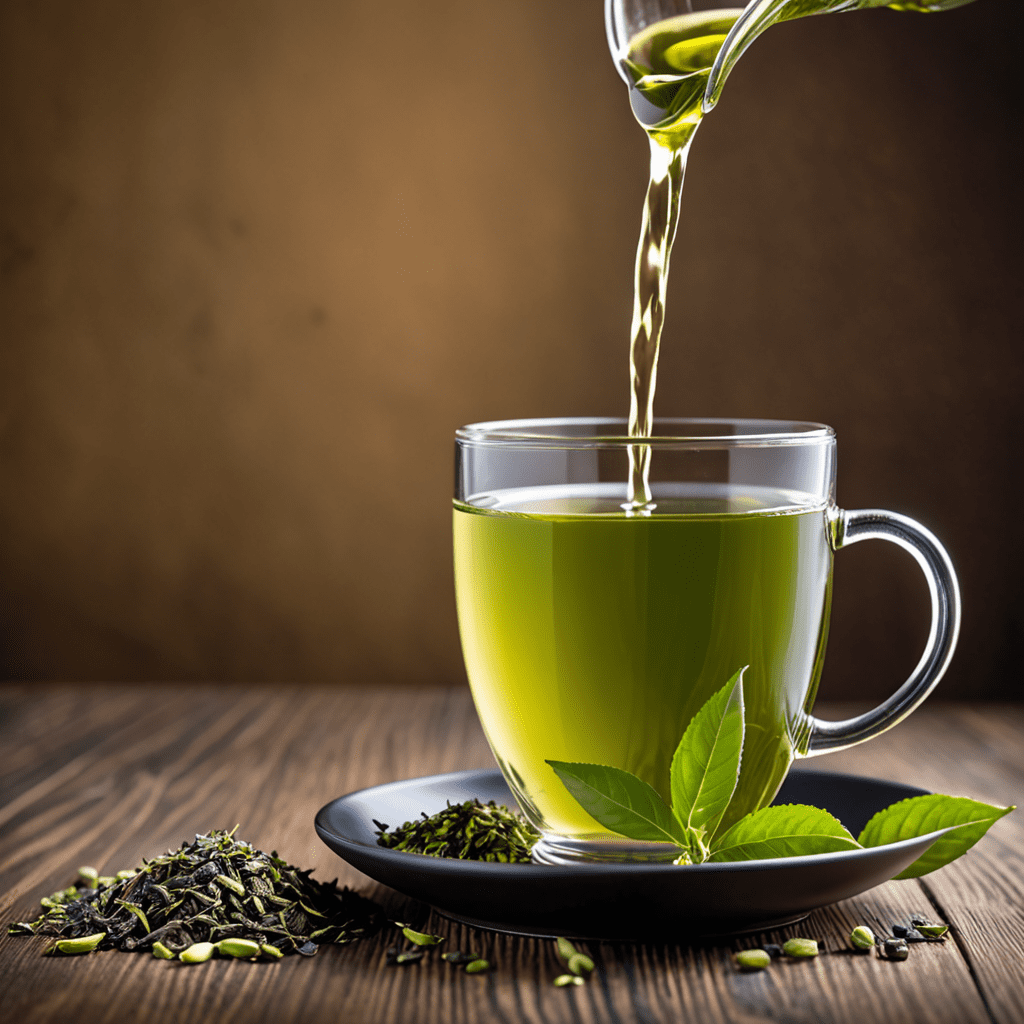
Unblocking Nature’s Way: How Green Tea Eases Digestive Woes
Green tea has long been hailed for its potential health benefits, including its ability to aid in digestion. One common concern among individuals is constipation, a condition that can greatly impact daily life. In this article, we will explore whether green tea can effectively assist in alleviating constipation, and how it may contribute to overall digestive health.
Understanding Constipation and Its Causes
Before delving into the potential benefits of green tea, it’s important to grasp the nature of constipation. The condition is characterized by infrequent bowel movements, difficulty passing stool, and hard, dry stools. It can be caused by various factors such as low fiber intake, dehydration, lack of physical activity, or certain medical conditions.
The Role of Green Tea in Digestion
Green tea, derived from the Camellia sinensis plant, contains compounds known for their potential digestive properties. One such compound, catechins, has been studied for its anti-inflammatory and antioxidant effects, which may play a role in supporting digestive health. In addition, the caffeine content in green tea can provide a mild stimulant effect to the digestive system.
Evaluating Green Tea’s Impact on Constipation
Research on the direct impact of green tea on constipation is limited, but some studies have suggested that the combination of catechins and caffeine in green tea could potentially promote bowel movements and alleviate constipation symptoms. Additionally, the hydration benefits of consuming green tea can contribute to softening stool, making it easier to pass.
How to Incorporate Green Tea for Digestive Support
To potentially reap digestive benefits from green tea, it’s recommended to consume it in moderation, as excessive intake of caffeine can have adverse effects on digestion. Opt for freshly brewed green tea as opposed to pre-packaged varieties, as the former may contain higher levels of beneficial compounds. It’s also advisable to consult with a healthcare professional before adding green tea to your daily routine, especially if you have existing medical conditions or are pregnant or breastfeeding.
Other Lifestyle Factors for Digestive Health
While green tea may offer potential support for constipation, it’s essential to address overall lifestyle factors that contribute to healthy digestion. This includes maintaining a balanced diet rich in fiber, staying adequately hydrated with water, engaging in regular physical activity, and managing stress levels effectively.
FAQ: Frequently Asked Questions
Q: Can green tea cause dehydration, exacerbating constipation?
A: While green tea does contain caffeine, which has diuretic properties, the overall hydrating effect of consuming tea can contribute positively to digestive regularity. However, it’s important to balance green tea consumption with adequate water intake to prevent dehydration.
Q: Are there any potential side effects of consuming green tea for constipation relief?
A: In some individuals, excessive consumption of green tea may lead to stomach upset or digestive discomfort. It’s advisable to start with moderate amounts and monitor your body’s response. Additionally, green tea contains caffeine, which can impact sleep quality and lead to restlessness if consumed in large quantities.
Q: Is green tea the only option for managing constipation?
A: While green tea may offer potential digestive benefits, it’s not the singular solution for managing constipation. A holistic approach that includes dietary adjustments, physical activity, and potential medical interventions should be considered for effective management of the condition.


